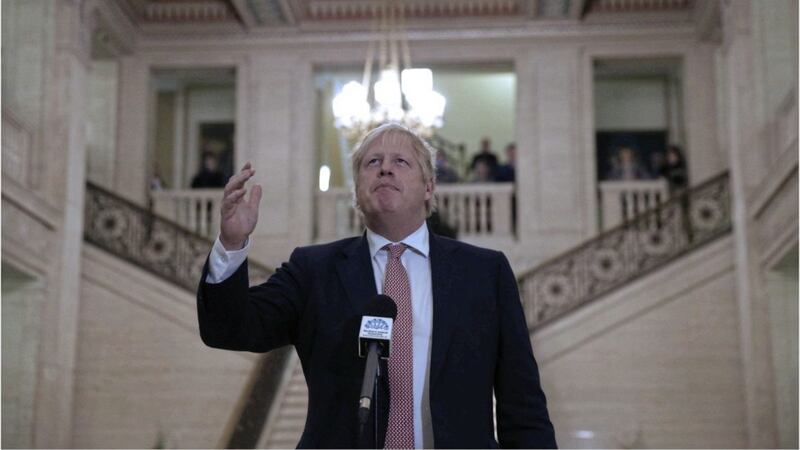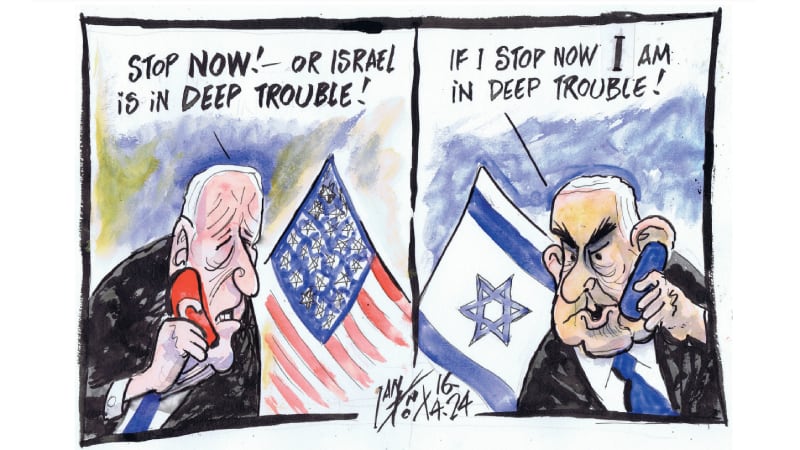IT was not quite back to business as usual at Stormont yesterday.
After a three-year hiatus, politicians were present at Parliament Buildings but not sitting in the chamber.
Instead it was all eyes on Boris Johnson as the prime minister flew in to shake hands, meet the newly-appointed First and deputy First Ministers and take questions from the press.
The most obvious one being, is the British government going to cough up the cash required to finance the ambitious plans outlined in 'New Decade New Approach'?
"Yes, of course we are going to be supportive but it's not just about money," said the PM, characteristically avoiding the question.
Of course it very much is about money, money needed to fix the crisis in public services and deliver on the many aspirational commitments contained in the deal.
Read More: Stormont deal money 'still being finalised'
A vague and non-committal answer from Mr Johnson is not what the new executive will have wanted to hear.
By agreeing to the deal, the DUP and Sinn Féin have had to shoulder a few blows, die-hards on both sides claiming they compromised on too many issues and gained too little in return.
And so they need devolution to work to justify the decisions taken over the weekend.
There will be serious concern if it appears that the British are already rolling back on funding.
With in excess of £2bn thought to be required to get public services working again after a period of neglect, finance minister Conor Murphy said a figure offered verbally had "fallen way short".
He warned that there is a danger of "the goodwill that has been attached to progress being undermined".
To leave the new executive with an extra large to-do list of capital projects and no finance to deliver will condemn it to fail before it even starts.
The prime minister was also vague about the future of Julian Smith, the most popular secretary of state since Mo Mowlam. He may find his days numbered with talk of radical reform to the Northern Ireland Office.
The mutually respectful relationship between the secretary of state and the tánaiste Simon Coveney helped delivered last week's deal, but they may become victims of their own success.
The image of the two men standing shoulder to shoulder in solidarity last Thursday as they made public just what was on offer angered some unionists, who claimed it appeared like joint sovereignty.
It is suspected that this may have been the motivation for a rather bizarre sequence of events yesterday, when Boris Johnson and Leo Varadkar's aides attempted to organise a low key joint press conference with only a handful of invited media squeezed into a cramped narrow corridor.
If this break from convention was meant to play down the role of the taoiseach it failed miserably and only served to draw attention to the politics at play.
So as Storm Brendan raged outside Parliament Buildings, the salubrious surroundings of the great hall seemed calm in comparison.
This is only week one, and there is a mountain to climb in order to get the assembly functioning in an open and transparent way.
Trusting Boris Johnson, a man with a reputation for saying one thing and doing the opposite, may not be the most comfortable position to be in.
But for now the new executive have little other choice than to hope that the 'hand of the future' comes outstretched with a chequebook.








